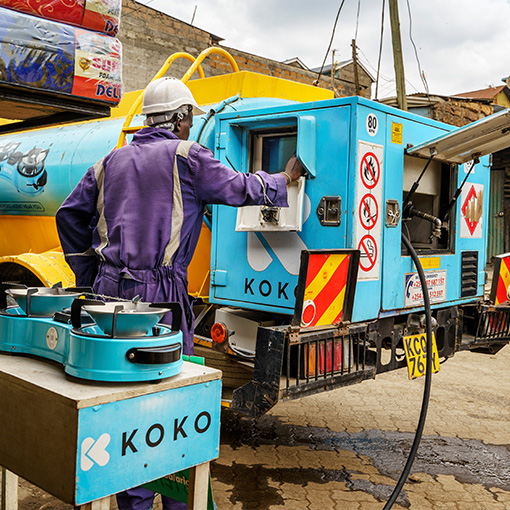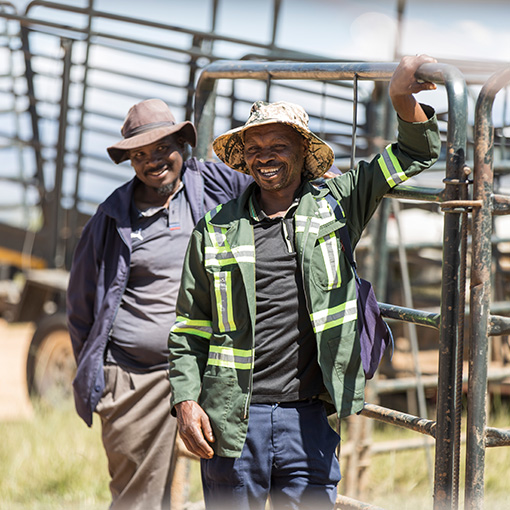We only pursue projects that have a high social impact and tangible co-benefits for people and the environment.
This means that as well as the climate benefits of avoided emissions, our projects seek to improve the quality of life in the local communities we operate in.
Investing directly in a project is the best way to assure a project’s quality and optimise a project’s design. All of our projects are certified by leading voluntary offset standards ensuring our carbon credits are high-quality.

Supporting Nigeria’s commitment towards delivering its net-zero targets
Vitol recently partnered in a joint-venture with NSIA, Nigeria’s sovereign wealth fund, to invest in a range of carbon avoidance and removals projects focussed on sectors including infrastructure, agriculture, and energy.
The partnership seeks to support the effort of the Nigerian government to cut GHG emissions as well as Vitol’s commitment to sub-Saharan Africa, focussing on ensuring social benefits alongside the highest carbon offsetting standards.
An initial US$50 million has been committed. The partnership will commence with projects in Nigeria, partnering with local firms with proven track records of successfully delivering high-quality projects, combining carbon offsetting with social outcomes that contribute to the attainment of UN Sustainable Development Goals. The JV’s initial investment is in a household energy efficiency programme including improved efficiency clean cooking and water filtration devices. The initial scope of the project is to deploy up to 200,000 devices of each.

Renewable cookstoves in Kenya
One of our largest projects in Africa seeks to avoid carbon emissions from domestic cooking by providing low-cost, clean-burning ethanol cookstoves to almost a million households across Kenya.
Over 2.8 billion people in the world still cook using some form of biomass such as charcoal or wood. Improving access to more efficient domestic fuels which emit less CO2 when burnt reduces household pollution and decreases deforestation rates. To help address this, we are partnering with local organisations to distribute fuel efficient cookstoves across Kenya, South Africa, Zambia and Rwanda, with more projects in the pipeline. So far, we have distributed over 2.1 million cookstoves in these countries. Our cookstove portfolio has the potential to generate in excess of 9 million tCO2e of emission reductions per year.

Image Credit: Root Capital
Enabling sustainable farming and rangeland rejuvenation in Africa
The adoption of sustainable farming methods across three catchment areas in the Drakensberg escarpment in South Africa will offset 1.5m tonnes CO2e per annum. This will be achieved through improved carbon sequestration in the soil and reduced methane from improved cattle health.
The programme is aimed at sequestering soil carbon, reducing the loss of soil carbon, and reducing cattle methane production in rural grazing lands by retraining and monitoring rural farmers in how they herd their cattle.
The programme utilises the Herding for Health (H4H) Grazing Model and is aimed at intensive grazing of veld areas followed by rest for veld restoration, and includes tools such as fire management, reseeding, and alien invasive clearing. H4H integrates grazing, conservation, pre risk reduction, and soil carbon sequestration via herder and livestock management. As an added social benefit, the rural farmers involved in the programme benefit from income from improved livestock sales and carbon profit distribution.